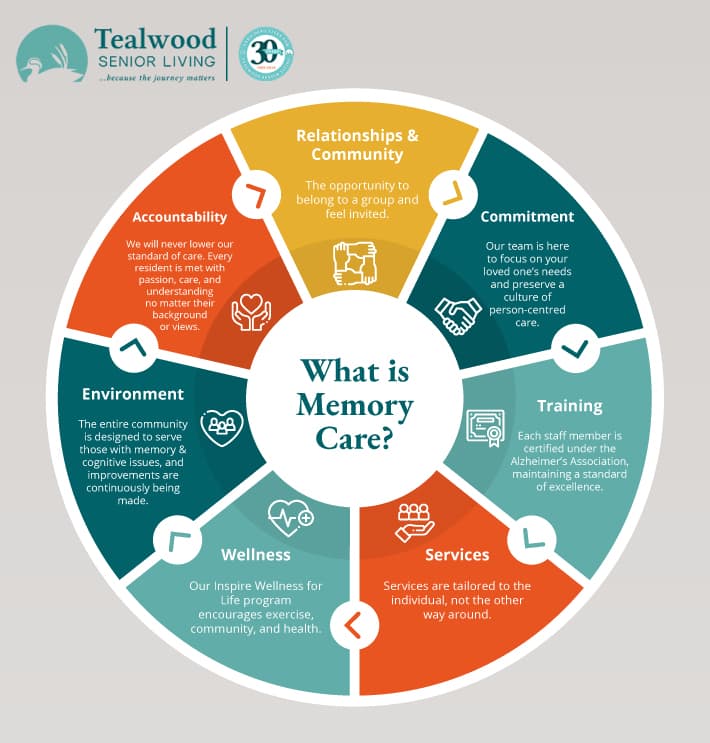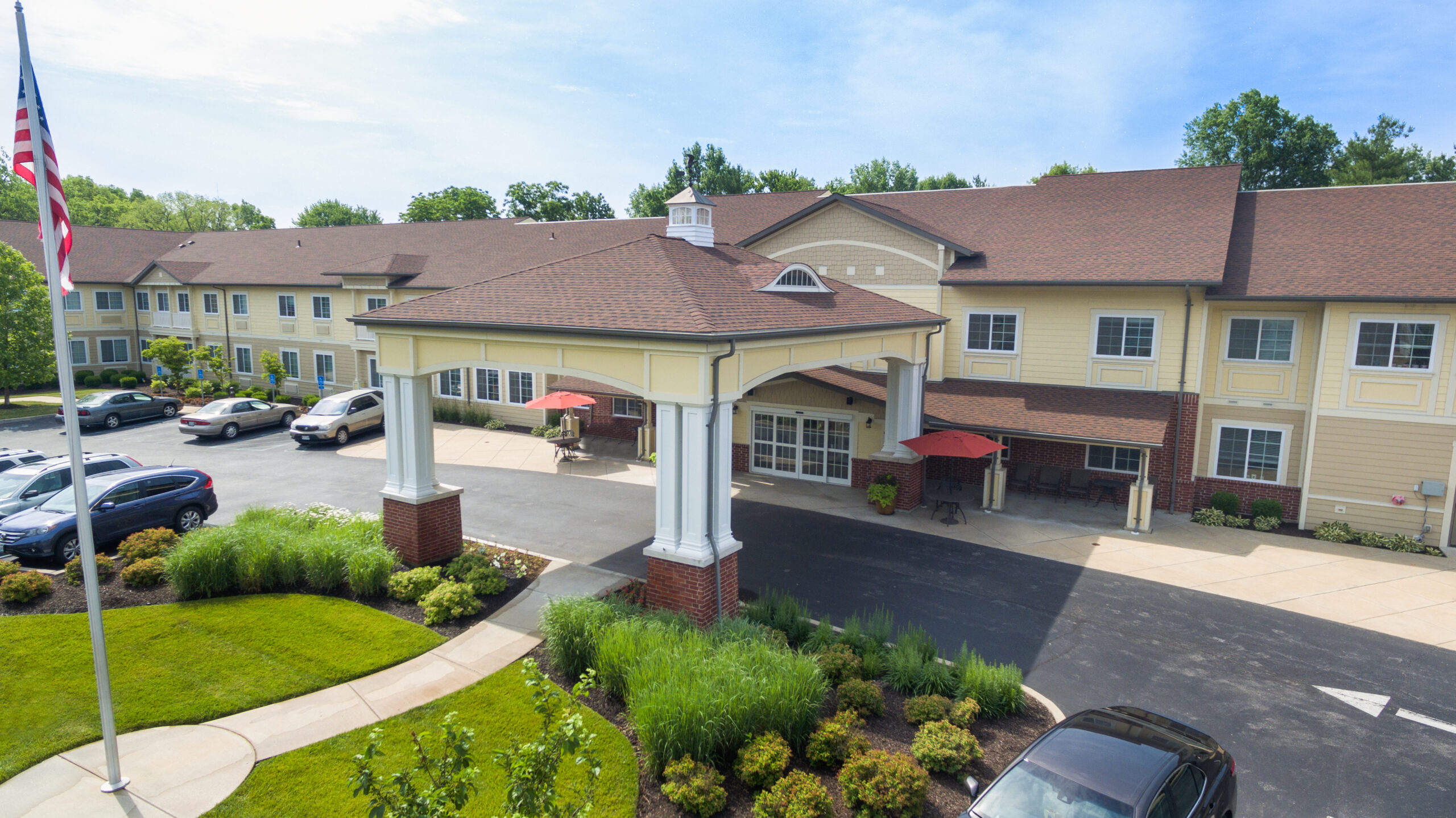Producing Safe and Comfy Areas with Alzheimers Care Charlotte Programs
Producing Safe and Comfy Areas with Alzheimers Care Charlotte Programs
Blog Article
Developing a Safe and Helpful Setting for Alzheimer's Care
The creation of a encouraging and risk-free environment for people with Alzheimer's is critical in boosting their lifestyle. This involves not just physical adaptations within the home, such as reducing threats and including familiar elements, however likewise the implementation of structured regimens and significant tasks that accommodate their cognitive requirements. Furthermore, understanding the emotional and emotional dimensions of treatment can dramatically influence their complacency and connection. Exploring these complex methods can disclose critical understandings right into efficient caregiving methods that might change the daily experiences of both caregivers and people.
Understanding Alzheimer's Requirements
Regularly, people with Alzheimer's condition exhibit a variety of needs that require customized strategies to care. As the condition advances, cognitive decrease shows up in numerous methods, affecting memory, thinking, and even the ability to perform everyday tasks. Caregivers need to recognize these evolving demands to provide proper assistance and make certain a higher quality of life for those influenced.
One crucial aspect of comprehending Alzheimer's needs is acknowledging the significance of routine and experience. People often locate convenience in recognized patterns, which can reduce anxiousness and complication. Caregivers should make every effort to develop organized everyday schedules that integrate purposeful activities lined up with the person's abilities and rate of interests.
Additionally, efficient communication is extremely important. People with Alzheimer's might battle to express themselves or comprehend complicated language. Caregivers should utilize straightforward, clear language, use non-verbal signs, and practice energetic paying attention to cultivate understanding and link.
Caretakers should encourage engagement in neighborhood activities or family members celebrations, promoting a feeling of belonging and function. Recognizing these varied demands is essential for developing a helpful treatment setting.
Creating a Safe Home
Creating a secure home for people with Alzheimer's illness is necessary to advertising and minimizing dangers freedom. The design of the living area must focus on safety and security while enabling individual comfort. Initially, eliminate potential dangers such as loosened rugs, sharp objects, and clutter, which can lead to falls or accidents. Ensure that paths are well-lit and clear, as appropriate lighting minimizes disorientation and boosts flexibility.
Incorporating adaptive attributes is also important. Mount grab bars in shower rooms and near staircases, and consider making use of non-slip mats in damp areas. In addition, using different colors for floors and walls can assist in distinguishing areas, assisting to mitigate confusion.
Familiarity is crucial for individuals with Alzheimer's. Individualizing the environment with familiar objects and photographs can strengthen a feeling of belonging and security - Alzheimers Care Charlotte. It is likewise helpful to have actually an assigned area for everyday tasks, such as reading or crafting, which can offer framework to their day
Last but not least, implementing a safe and secure exterior space enables secure expedition while getting in touch with nature. By attentively developing the home atmosphere, caretakers can significantly boost the lifestyle for people living with Alzheimer's condition.
Enhancing Communication Abilities

Non-verbal communication, consisting of face expressions, motions, and touch, plays a critical role in conveying compassion and understanding. Preserving eye get in touch with and a tranquil disposition can enhance the comfort degree of the person, advertising a feeling of security.
Moreover, it is very important to practice energetic listening. This entails being totally existing, revealing patience, and permitting the person to express themselves without interruption. Rep may be necessary; caretakers need to be prepared to review concerns or subjects, as individuals with Alzheimer's may have problem with memory recall.
Additionally, utilizing visual aids or hints, such as photographs or acquainted objects, can help with acknowledgment and involvement. Eventually, enhancing interaction skills is regarding constructing trust fund and creating an environment where people really feel heard, valued, and understood, therefore enhancing their quality of life.
Motivating Social Communication
Fostering purposeful social interactions can greatly boost the well-being of individuals with Alzheimer's condition. Involving with others not only assists battle feelings of isolation yet additionally stimulates cognitive function and emotional wellness. Structured social tasks, such as team crafts, video games and arts, or songs therapy, develop opportunities for homeowners to get in touch with peers and caretakers, which can cause boosted state of mind and reduced anxiousness.
Producing a welcoming environment that motivates socialization is essential. This can be achieved by preparing communal areas that assist in interaction, such as relaxing seating areas or activity spaces. Furthermore, including culturally relevant and familiar activities can encourage and spark memories involvement, permitting individuals with More Info Alzheimer's to really feel even more connected to their past experiences.
Moreover, caretakers must be trained to acknowledge and advertise social involvement amongst homeowners. By prioritizing social interaction, we can substantially enrich the lives of those living with Alzheimer's, promoting a sense of area and belonging.
Supporting Caretaker Health

To sustain caretakers, organizations ought to offer normal training and educational sources to enhance their understanding of Alzheimer's illness and caregiving methods. Giving access to break care solutions allows caretakers to take necessary breaks, lowering stress and exhaustion - Alzheimers Care Charlotte. In addition, fostering a community with support groups can promote emotional sharing and the exchange of practical recommendations among caretakers, producing a network of shared assistance
Mental health resources, such as counseling solutions, can additionally be essential in resolving the emotional toll caregiving can take. By prioritizing caretaker health, we create an even more sustainable caregiving environment that not just benefits the caretakers themselves but likewise improves the general high quality of care received by people with Alzheimer's. Inevitably, sustaining caretakers is a necessary element in promoting a thoughtful and reliable care setup.
Conclusion
Finally, the production of a helpful and risk-free atmosphere for people with Alzheimer's is necessary to improving their top quality of life. By focusing on safety and security via thoughtful layout, fostering emotional well-being with acquainted elements, and promoting engagement with structured routines, caregivers can dramatically impact the total experience of those affected by this problem. Additionally, sustaining caregiver well-being is important, as it inevitably adds to an extra compassionate and reliable treatment atmosphere.
Repeating may be needed; caregivers should be prepared to revisit topics or questions, as individuals with Alzheimer's may battle with memory recall.

Report this page